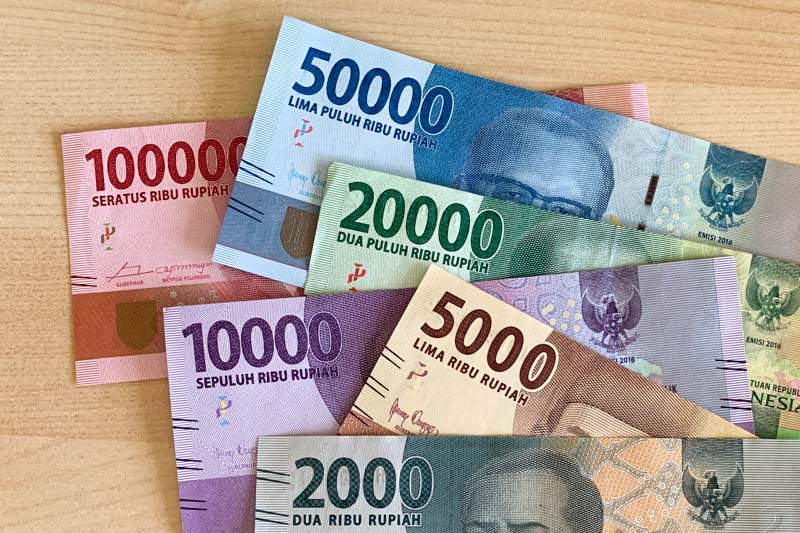Things to know before your trip to Bali
- McXotic Tours

- Feb 4, 2022
- 3 min read
Updated: Nov 29, 2023

Travel Tips and Information
This list of things to know before you go to Bali may help answer a few questions you may have about travelling to this tropical destination. Some basics are along the line of temples and forests being some of the island’s holiest spots, and that staying mindful and respectful of the local culture is a must.
It’s a good idea to familiarize yourself with useful phone numbers, weather conditions, and special holidays to avoid experiencing classic travel mistakes. These tips are quite easy to follow, but when added together, can make a huge difference to your first experience of Bali.
Getting to Bali
1. VISA
Nationals of 169 countries can visit Bali without a visa (for up to 30 days). Visa on Arrival applies for others for a fee (extendable once).
2. WEATHER
Wet season: October–April
Dry season: May–September
Best time to go: May–August
3. SPECIAL DAYS
Try not to visit Bali during Saka New Year, or Nyepi Day (specific dates are based on the Saka lunar calendar, but usually takes place in March).
Getting Around
4. DRIVING
Drive on the left lane.
5. RENTALS
An international drivers' license is required to rent cars and motorbikes in Bali
6. TAXIS
Blue Bird Taxi (+62 (0)361 701 111) is a popular and reliable taxi company in Bali. All of their taxis are metered.
7. TRAFFIC
Traffic in Bali is notoriously congested, so allow plenty of time if you need to be somewhere at a specific time.
8. BEMOS
Bemos are public minivan taxis that mostly serve locals for short commutes. You can flag 1 down by the street in more rural areas like you would with a normal taxi. Rates are unfixed but cheaper than most transport options in Bali.
Money Matters
9. CURRENCY
US$1 = Rp 14,000++ (rates may vary)
10. ATM
ATMs dispense Rp 50,000 or Rp 100,000 bills. If you’re using foreign bank cards, Visa or Mastercard, withdrawal fees can be quite high. Beware of skimmers and rigged units. Remember to take your money and ATM card after each transaction.
11. EXCHANGE
It’s best to change your money at a bank. If you have to use a standalone currency exchange booth, always check your notes before leaving. Even if the signage says ‘Authorized’, scams are quite frequent in Bali.
12. BARGAINING
You can bargain at most stalls and art markets in Bali. Items sold at shopping malls and brand outlets usually have fixed prices, except during promotional sales.
13. TIPPING
Tipping isn't mandatory since prices are subject to 10% government tax and up to 11% service charge. You can choose to tip 5 – 10% of the bill as a token of appreciation.
Staying connected
14. SIM CARDS
SIM cards are widely available at kiosks and convenience stores. Verify SIM and micro-SIM factors upon purchasing.
15. ELECTRICITY
220 Volts, 50Hz. Electrical plugs are 2-pronged Europlug type.
Bali Customs and Etiquette
16. TEMPLES
Temples are generally free to visit, though a donation box is available at the entrance. Must-wear on temple visits: a sarong (usually with a sash around your waist), which you can rent for about Rp 10,000. Always use your right hand for gesturing. Using your left hand or feet is considered rude.
Staying Safe in Bali
17. WATER
Tap water is not drinkable in Bali. Ice served in drinks at established bars, hotels and restaurants are usually safe.
18. DRUGS
The penalty for using drugs is death.
19. MONKEYS
Wear minimum accessories when visiting Bali’s monkey forests. Don't feed or approach the wild monkeys as they can be rather unpredictable.
20. EMERGENCIES
In case of emergencies, dial 110 for police and 118 for ambulance.
Book your next trip with us to Indonesia - Bali
















Comments